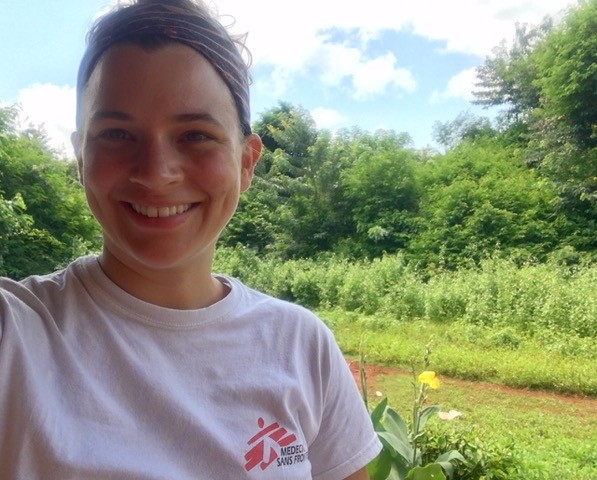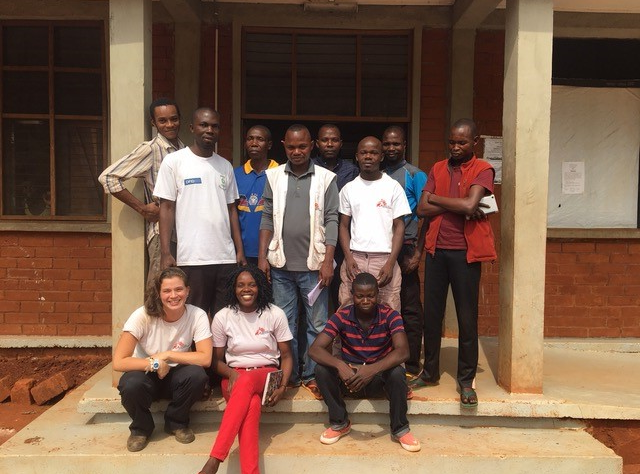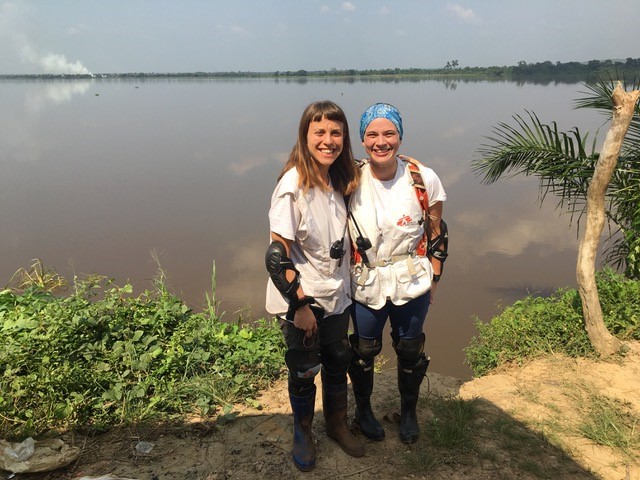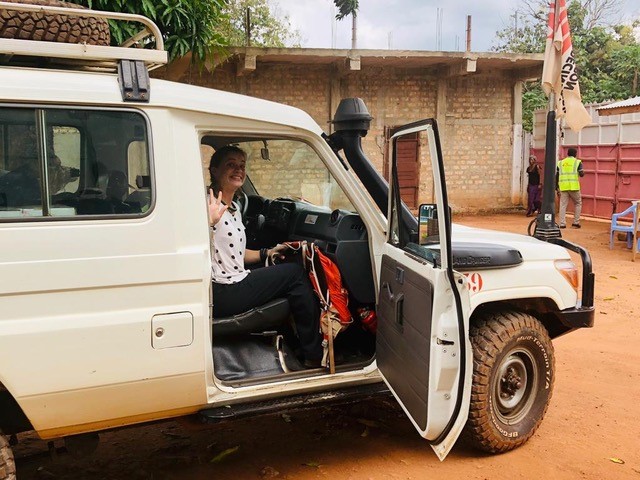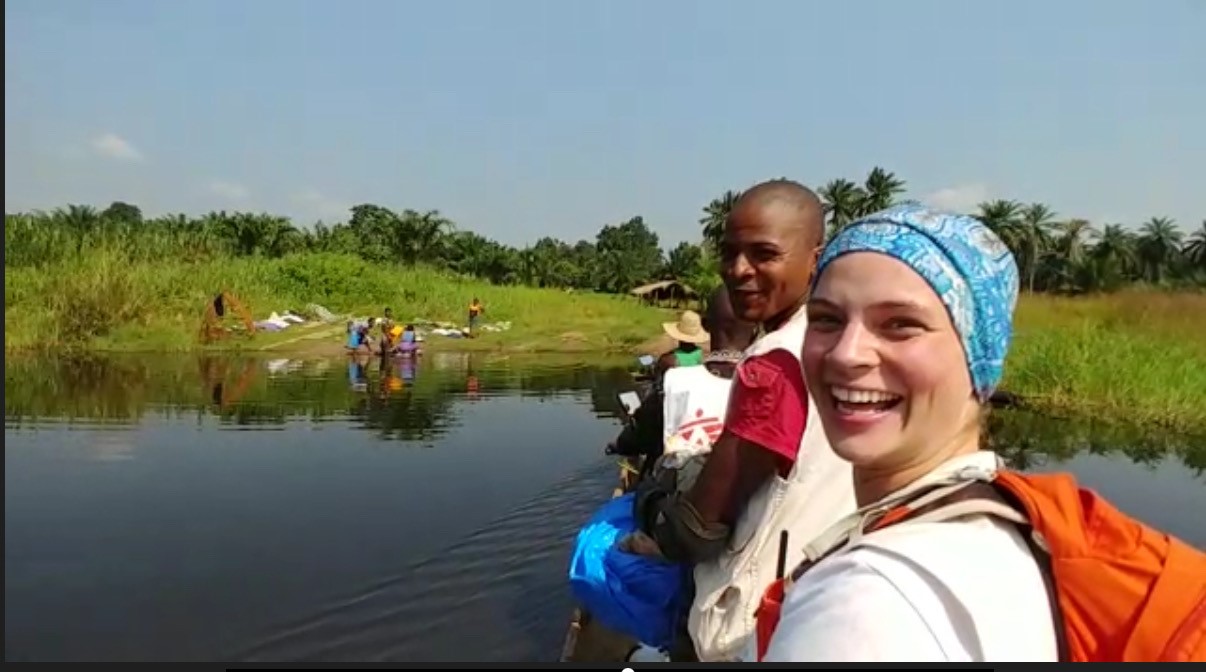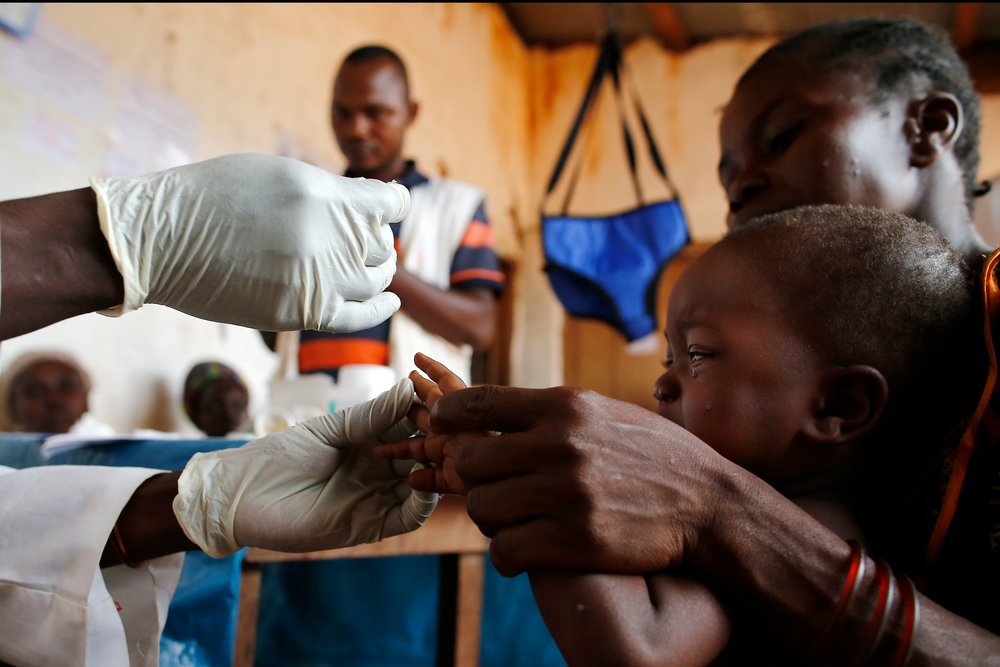Before I left for a short break, I met a severely malnourished eight-year-old girl who also had a bowel perforation from typhoid fever. Her malnourished state meant she was super high risk for surgery, but I was adamant that a perforated bowel that went unfixed was a guaranteed death instead of a very, very likely one. The local surgeons eventually operated, cut out the perforated bowel, and gave her a colostomy to be reversed later.
Remarkably, she made it through the surgery and I looked after her post-operatively. But I went away expecting that she might die of a wound related infection or of a complication of her severe malnutrition.

